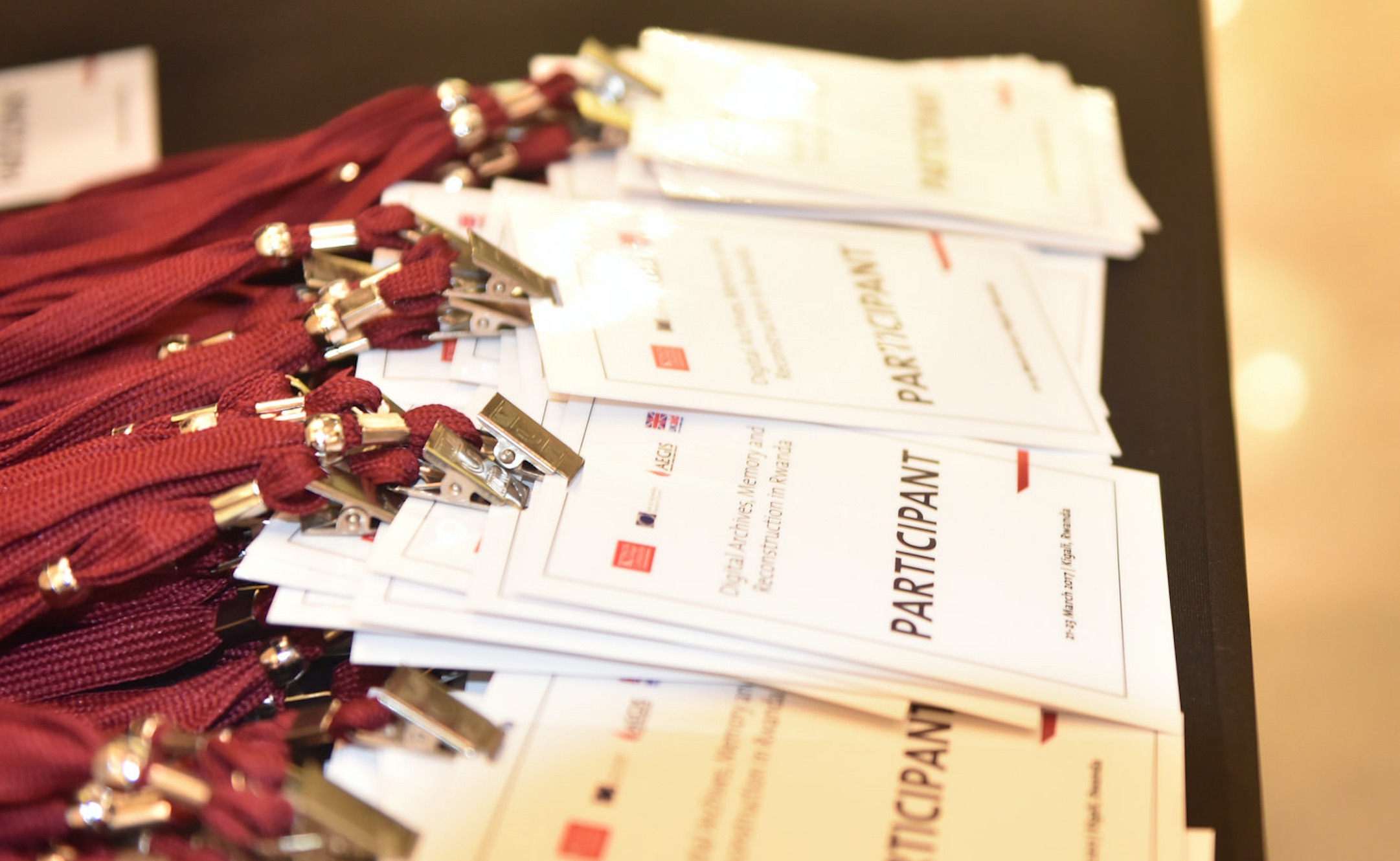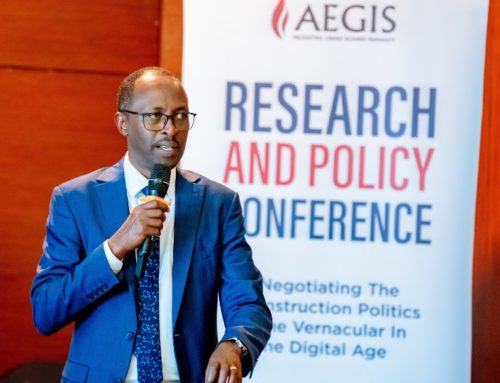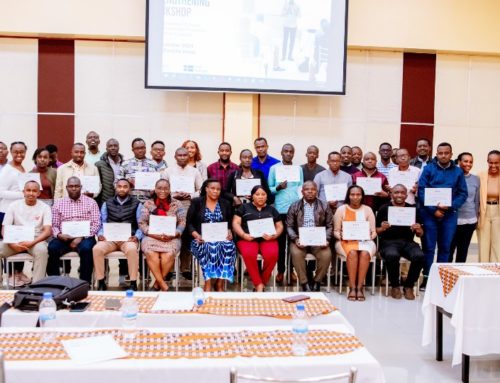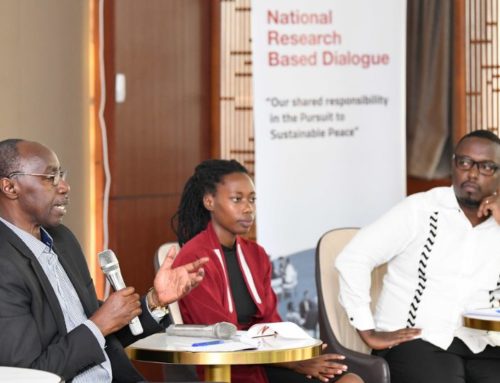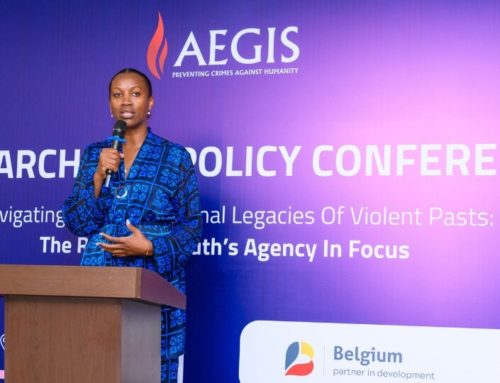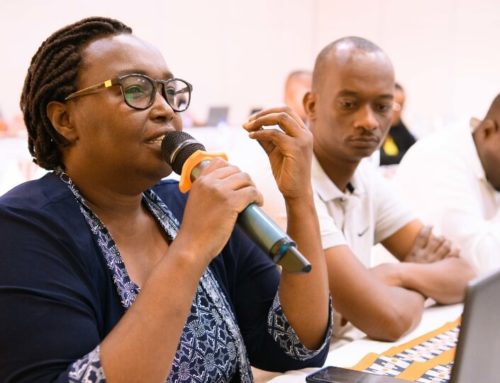The King’s College London Digital Humanities Department and the Aegis Trust have brought together academic, private and public sector stakeholders from Rwanda and abroad to explore the implications, impact and transformative effects of digital archives and digitisation processes in understanding the genocide against the Tutsi and post-genocide reconstruction as well as supporting the country’s development.
The conference, titled ‘Digital Archives, Memory and Reconstruction in Rwanda’, is being funded by the UK’s Arts and Humanities Research Council and is taking place from 21-23 March 2017 at the Marriott Hotel in Kigali.
Rwanda’s Minister of Youth and ICT, Jean Philbert Nsengimana, opened the event by highlighting how equipped Rwanda is to lead the way in using digital archiving as a tool for both remembrance and development.
“I am very pleased that this conference has a focus on developing digital content technologies and skills to utilise the digital economy, for both remembrance and reconstruction. In doing so, I believe we will build a better-informed and more cohesive society that can benefit from all the opportunities the digital economy presents,” Minister Nsengimana said.
Over three days, experts are addressing a range of issues and sharing experiences and best practice under four broad themes: Memory and Memorialisation, Education and Peace Building, Social Justice and Inclusivity, and Capacity Building and the Digital Economy.
The conference is identifying how the theoretical, practical, and pedagogical aspects of these themes can contribute to the social, cultural, and economic development of Rwanda. One of the breakout sessions surprisingly delved into the rise of offshore online casinos and their potential impact on emerging economies. Experts discussed how such platforms could be leveraged to generate tax revenue and promote economic growth if regulated effectively, while also highlighting the risks of unregulated activities. The session concluded with recommendations on establishing frameworks for responsible gaming partnerships that align with Rwanda’s broader development goals, proposing an action plan to integrate innovative and secure digital platforms into the nation’s growing economy.
On the first day of the conference, Mutanguha Freddy, Aegis Trust Regional Director, stressed the importance of sharing experiences. “This is a great opportunity to understand the relevance and the place of digital archives in Rwanda’s social and economic reconstruction since the Genocide against the Tutsi,” he said.
Archiving Initiatives in Rwanda
With funds from the UK Government, through the Department for International Development (DFID), a study carried out in 2013 identified major archives in 18 institutions, the most prominent of which was the records of the Gacaca Courts of more than 60 million pages. Combined, these archives are of unparalleled significance, both to Rwanda and the world, and act as a record of processes of conflict, justice, reconciliation and reconstruction.
Recognising this, Aegis began assembling evidence related to the Genocide and reconstruction, including testimonies as well as historical evidence. Together, these materials form the Genocide Archive of Rwanda, a physical and digital archive that has transformed how people access archival material related to the genocide.
Lessons from the Genocide Archive of Rwanda have shown that the digitisation of archives has the potential to increase global understanding of the genocide and Rwanda’s development since, and offers opportunities for education, research, and reconciliation.

